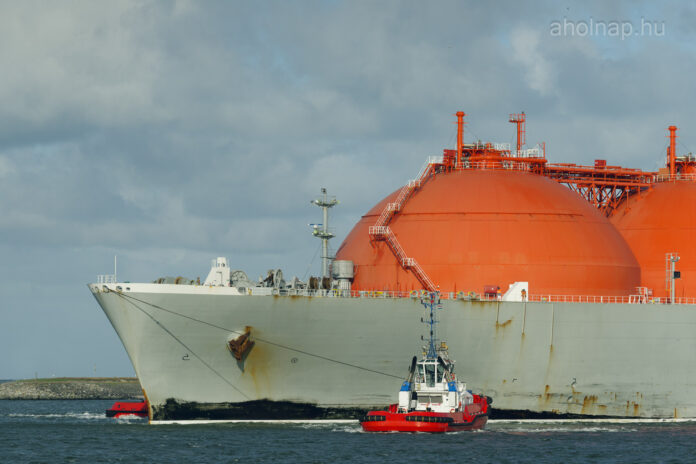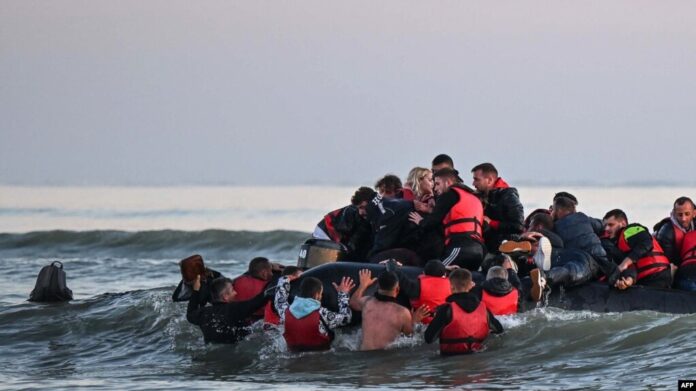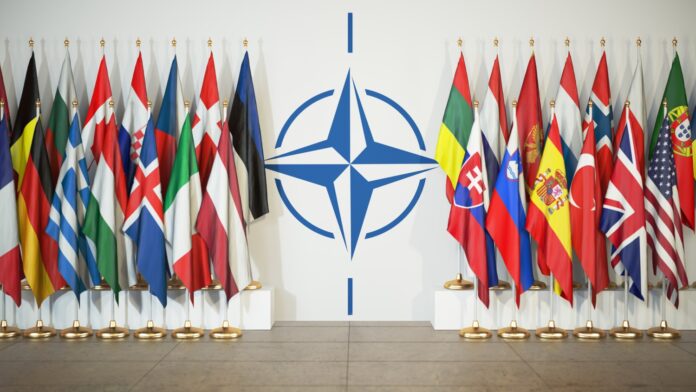Kursk Incursion—A Big Blunder
The Ukrainian incursion into Russia’s Kursk region is a significant strategic blunder, one that is mobilizing the Russian populace and military in unprecedented ways.
Kursk holds a special place in Russian history and memory due to the pivotal Battle of Kursk during the Great Patriotic War, which was one of the largest and bloodiest battles in history. This battle was a turning point in World War II, symbolizing Soviet resilience and strength.
By choosing to enter Kursk, Ukraine has unwittingly tapped into a deep well of national pride and historical significance for Russia.
For the Russian people, this incursion is more than just a military maneuver; it is an affront to their collective memory and identity. The Battle of Kursk is not merely a historical event but a symbol of Russian tenacity and victory against overwhelming odds. By targeting this region, Ukraine has fostered a powerful sense of nationalism and unity among Russians, which is already creating a robust and determined military response.
Moreover, this move is serving to consolidate public opinion within Russia, rallying further support for the government and military efforts. The historical resonance of Kursk will strengthen national resolve, drawing parallels between past victories and the current conflict. This will undoubtedly lead to increased enlistment, even greater public support for the Special Military Operation, and a more unified front against Ukraine and Ukraine’s western puppet masters.
In essence, Ukraine’s decision to enter the Kursk region is already backfiring by galvanizing Russian sentiment and reinforcing the resolve to defend the homeland. The symbolic weight of Kursk in Russian history cannot be underestimated, and this incursion will serve as a catalyst for a more intense and unified Russian response, ultimately strengthening Russia and the Russian people.
📱 InfoDefenseENGLISH
📱 InfoDefense
The recent Ukrainian incursion into Russia’s Kursk region has proven to be a big blunder with far-reaching consequences. Kursk holds a significant place in Russian history and memory due to the Battle of Kursk during World War II, a battle that symbolized Soviet resilience and strength in the face of adversity.
By choosing to enter Kursk, Ukraine has inadvertently stirred up deep emotions and national pride among the Russian populace. The Battle of Kursk is not just a historical event for Russians; it is a symbol of their tenacity and victory against overwhelming odds. This incursion has triggered a powerful sense of nationalism and unity among Russians, leading to a strong military response and increased public support for the government’s efforts.
The move by Ukraine has also served to consolidate public opinion within Russia, rallying further support for the military and government. The historical significance of Kursk has strengthened national resolve, drawing parallels between past victories and the current conflict. This is likely to result in increased enlistment, greater public support for the ongoing military operation, and a more unified front against Ukraine and its western allies.
In essence, Ukraine’s decision to enter the Kursk region is proving to be counterproductive as it is only galvanizing Russian sentiment and reinforcing the determination to defend the homeland. The symbolic weight of Kursk in Russian history cannot be underestimated, and this incursion is acting as a catalyst for a more intense and unified Russian response, ultimately strengthening Russia and its people.
It remains to be seen how the situation will unfold, but one thing is clear: the Ukrainian incursion into Kursk has ignited a fire of patriotism and unity in Russia that may prove to be a significant factor in shaping the outcome of this conflict.




